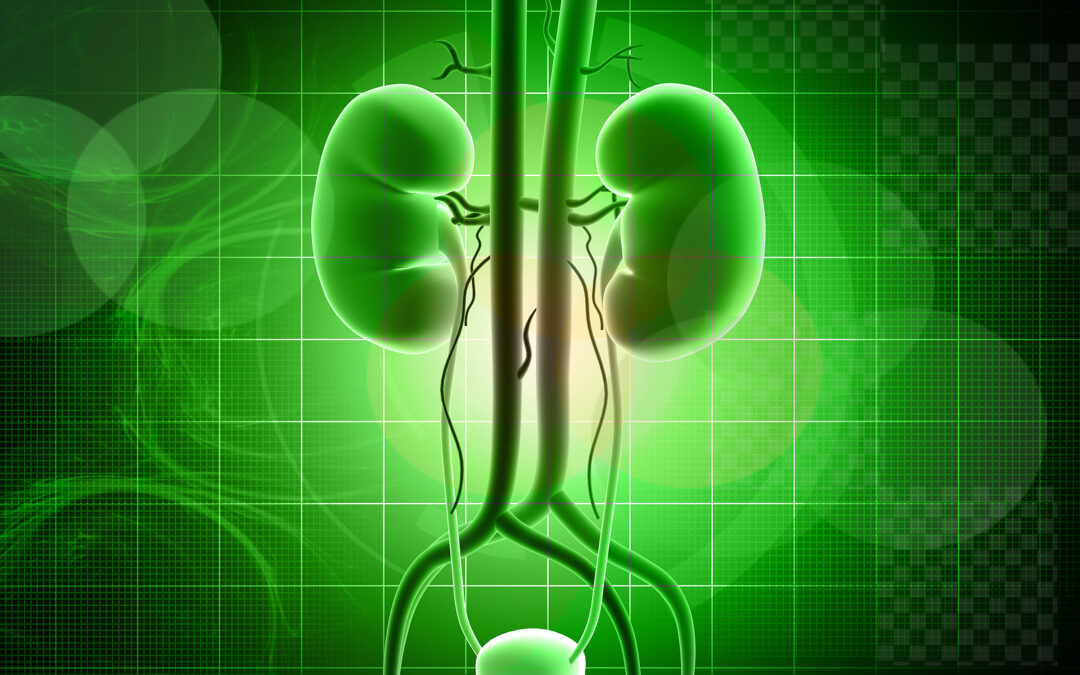CLINICAL TRIALS
EMPA-KIDNEY was a clinical trial testing whether taking a single pill of empagliflozin every day prevents worsening of kidney disease or deaths from heart disease in people who have chronic kidney disease (CKD). The trial was stopped early due to evidence of efficacy and was reported in November 2022 at the American Society of Nephrology ‘Kidney Week’ meeting and simultaneously published in the New England Journal of Medicine
1. Further solidifies SGLT2 inhibitors as the standard of care in managing CKD
Based on CREDENCE and DAPA-CKD, guidelines already recommend SGLT2i in chronic kidney disease. The American Diabetes Association and Diabetes Canada clinical practice guidelines recommend the use of SGLT2 inhibitors in people living with T2D and CKD as Grade A, Level 1 evidence.
2. Increase comfort starting SGLT2i treatment with a GFR as low as 20 ml/min
In the trial, patients were eligible to in the study if they were adults with eGFR of at least 20 ml per minute (notably, regardless of the level of albuminuria)
Clinicians remain hesitant to start SGLT2i at lower GFRs so this study should help reassure the safety and efficacy at lower values.
3. Increase comfort continuing an SGLT2i below a GFR of 20 ml/min, even all the way down to dialysis initiation.
Many clinicians get worried about continuing an SGLT2i when GFR is < 20 ml/min. There are now 3 kidney trials showing this strategy is both safe and effective.
4. Adds Empagliflozin as an SGLT2i with primary evidence of benefit in chronic kidney disease
5. SGLT2i will be more widely used in patients without diabetes
This is now the 2nd major trial (after DAPA-CKD) which shows benefit in CKD whether or not someone has diabetes.
6. SGLT2 inhibitors may have beneficial effects even in the absence of protein in the urine
EMPA-KIDNEY included patients with CKD but without albumin in the urine (albuminuria). The primary outcome was not remarkably impacted in this subgroup, though this isn’t entirely surprising as the trial was stopped early and events are just less common in patients without albuminuria. There was, however, an impact on slope of GFR – this suggests there may be more impact on kidney outcomes over a longer period of time.
7. Another argument why SGLT2i may be the statins of the 21st century
Dr. Eugene Braunwald has called the SGLT2i class ‘the statins of the 21st century’ (Eur Heart J, 2022, qxmd.com/r/34741610/). This study showed impressive reductions in cardiovascular events, a repeated finding in multiple studies of SGLT2 inhibitors.



Recent Comments